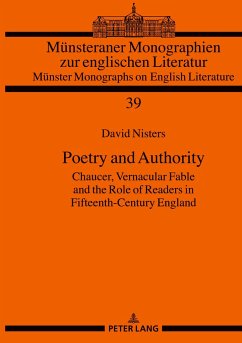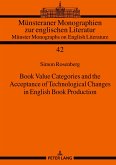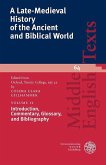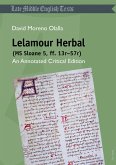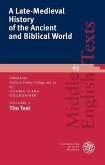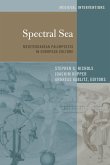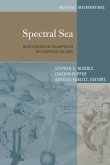This study argues that the vernacular fable constituted a productive site for negotiating scholastic poetics in late medieval England. On the basis of a close reading of Chaucer's Nun's Priest's Tale and Manciple's Tale, the book analyses how the concept of textual authority came to be both challenged and vindicated in the face of the growing importance of an empowered vernacular readership. Thus, the fables of John Lydgate and the presentation of Chaucer's texts in some of the earliest printed editions of the Canterbury Tales indicate the development of a Chaucerian poetics that was grounded in Chaucer's own critical reflection on the scholastic account of poetic fiction.
Bitte wählen Sie Ihr Anliegen aus.
Rechnungen
Retourenschein anfordern
Bestellstatus
Storno

